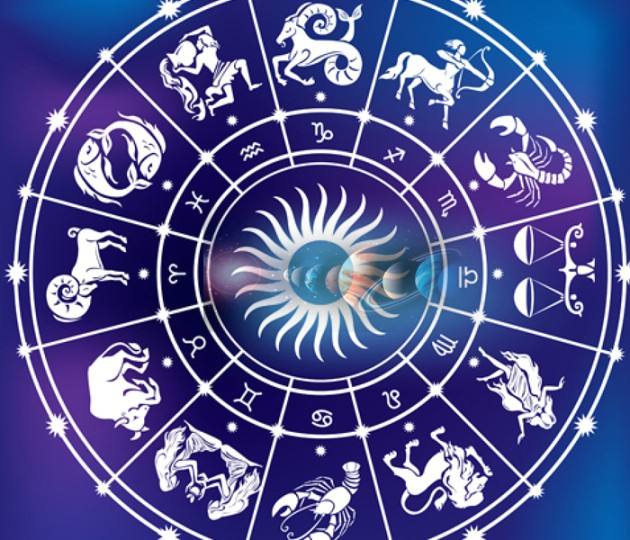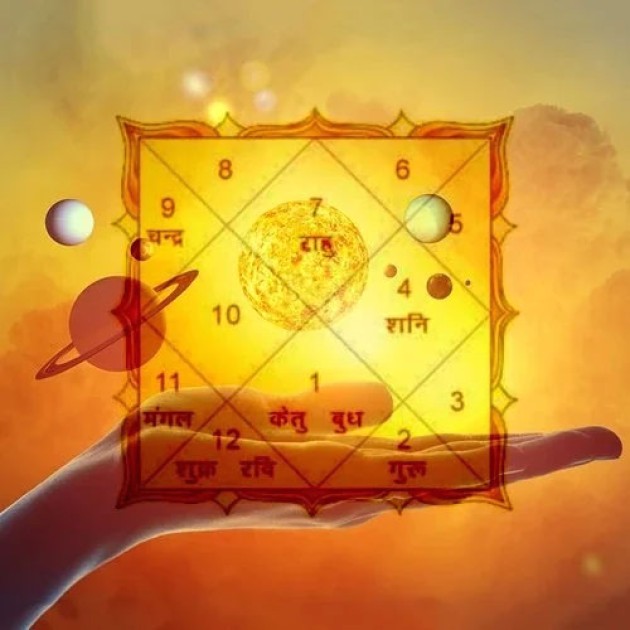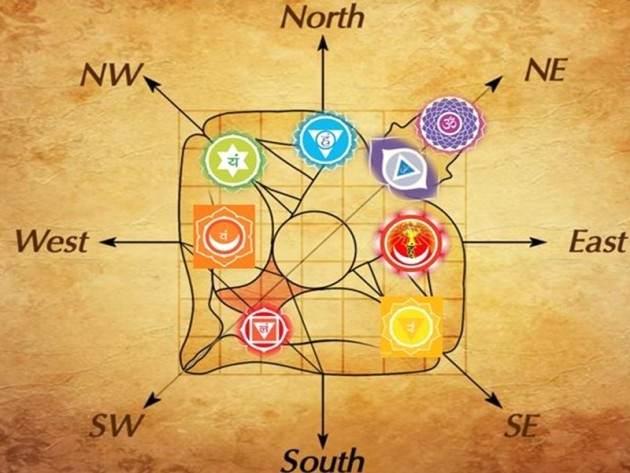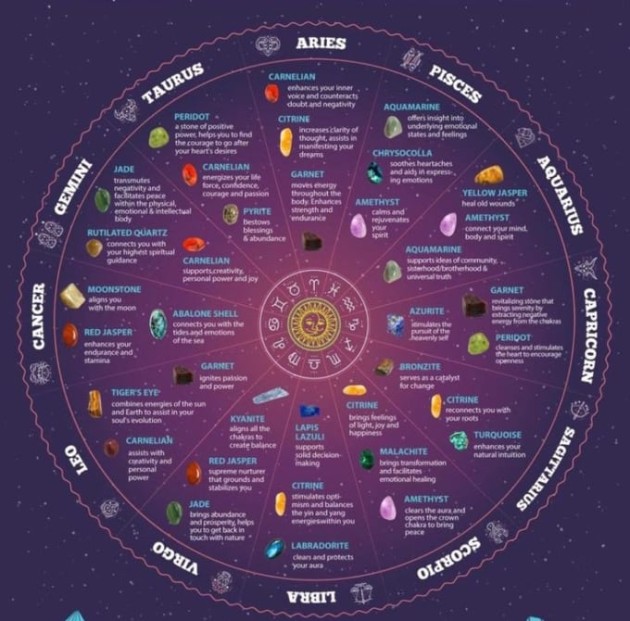
Predictive astrology is a fascinating and complex branch of astrology that seeks to forecast future events and life changes based on the positions and movements of celestial bodies. Unlike natal astrology, which focuses on understanding a person’s inherent traits and life patterns through their birth chart, predictive astrology delves into the timing of significant life events and the unfolding of key moments throughout one’s life. This makes it a popular tool for those seeking guidance about their future, whether for career, relationships, health, or personal growth.
The Foundation of Predictive Astrology
Predictive astrology operates on the principle that the movement of planets and celestial bodies affects human life in specific ways. The birth chart (or natal chart), which captures the exact positions of planets at the moment of an individual’s birth, serves as a blueprint for understanding how these planetary influences will unfold over time. Each planet, house, and sign in the natal chart carries symbolic meanings that represent different aspects of life.
In predictive astrology, astrologers analyze the dynamic movements of the planets over time and how they interact with the fixed positions in the birth chart. The timing of certain planetary aspects or movements can indicate the onset of major life events, such as career changes, marriage, financial gains or losses, health issues, and even challenges.
Key Techniques in Predictive Astrology
Several techniques are used in predictive astrology to make forecasts. These methods vary depending on the system of astrology being followed, such as Western, Vedic (Jyotish), or Hellenistic astrology. However, some of the most common techniques include:
Transits: Planetary transits are one of the most widely used techniques in predictive astrology. Transits refer to the real-time movement of planets and their interactions with the natal chart. For example, when Saturn transits a significant point in the birth chart, such as the Sun or Moon, it may signal a period of hard work, challenges, or discipline in the associated areas of life. The effects of transits can vary depending on the planet involved—slower-moving planets like Saturn, Jupiter, Uranus, Neptune, and Pluto have a more long-lasting impact, while faster-moving planets like Mercury, Venus, and Mars bring shorter-term influences.
Progressions: Progressions are another powerful tool in predictive astrology, focusing on the symbolic movement of planets after birth. In this technique, each day after a person’s birth represents a year in their life. For instance, the position of the Sun 30 days after birth symbolizes the individual’s 30th year of life. Progressions are used to track long-term changes in personality, outlook, and circumstances. Astrologers use progressions to identify subtle shifts in a person’s emotional, spiritual, and mental landscape.
Solar Return Charts: A solar return chart is created for the exact moment when the Sun returns to the same position it occupied at the time of birth, which happens around the individual’s birthday each year. This chart is used to predict the themes and key events for the upcoming year. Astrologers analyze the planetary placements in the solar return chart to gain insight into areas of growth, challenge, and opportunity in the coming year.
Dasha System (in Vedic Astrology): The Dasha system is a unique predictive technique used in Vedic astrology. It divides a person’s life into distinct periods ruled by different planets. Each Dasha period, which can last from a few years to decades, brings the influence of its ruling planet to the forefront. For example, someone going through a Jupiter Dasha may experience growth in areas such as education, spirituality, and wealth, while a Saturn Dasha might bring more responsibilities and challenges. The Dasha system provides a long-term view of planetary influences, helping individuals understand which life themes will be activated at different stages.
Benefits of Predictive Astrology
The appeal of predictive astrology lies in its ability to provide guidance and clarity about the future. People often seek predictive astrology to help them navigate key life decisions, such as choosing the right career path, making financial investments, or finding the best time to get married. Predictive astrology can also offer insight into periods of challenge or difficulty, helping individuals prepare for and overcome obstacles.
For example, a transit of Saturn over the natal Moon might indicate a challenging emotional period, but an astrologer can help the individual understand the lesson behind the experience and provide remedies or advice to mitigate its negative effects. Similarly, a Jupiter transit could signal a time of growth and opportunity, encouraging the individual to take bold steps in their career or personal life.
Limitations and Ethical Considerations
While predictive astrology can be an insightful tool, it’s important to approach it with a balanced perspective. The future is not entirely predetermined, and free will plays a significant role in shaping outcomes. Predictive astrology provides a roadmap, but individuals still have the power to make choices that can alter their path.
Ethically, astrologers must approach predictions with care and responsibility. Offering overly deterministic forecasts can lead to anxiety or dependency, so it’s crucial that astrologers present predictions in a way that empowers individuals rather than instills fear.
Conclusion
Predictive astrology is a powerful tool for gaining insight into the timing of key life events and understanding how planetary influences affect personal growth. By utilizing techniques like transits, progressions, and solar returns, astrologers can offer valuable guidance on future opportunities and challenges. However, while predictive astrology can provide a helpful roadmap, it’s essential to remember that free will and personal choices play a crucial role in shaping our destinies. The true value of predictive astrology lies in its ability to offer guidance, insight, and preparedness as individuals journey through life’s cycles.
Other Services

Kundli Matching
Kundli matching, also known as horoscope matching or Gun Milan, is a vital aspect of Vedic astrology, primarily performed to ensure harmony, love, and success in married life.

Vedic Astrology
Vedic astrology, also known as Jyotish, is an ancient system of astrology that originates from the Vedic traditions of India. Rooted in the spiritual and philosophical teachings of the Vedas, the sacred Hindu scriptures

Lal Kitab Astrology
Lal Kitab, translating to "The Red Book," is a unique and ancient system of astrology that originates from India, specifically attributed to the 19th-century astrologer

Vastu Shastra
Vastu Shastra is an ancient Indian science that focuses on architecture and design, emphasizing the harmony between nature and human life.

Numerology Astrology
Numerology astrology is a fascinating blend of numerology and astrology, two ancient practices that seek to understand the influence of numbers and celestial bodies on human lives.
